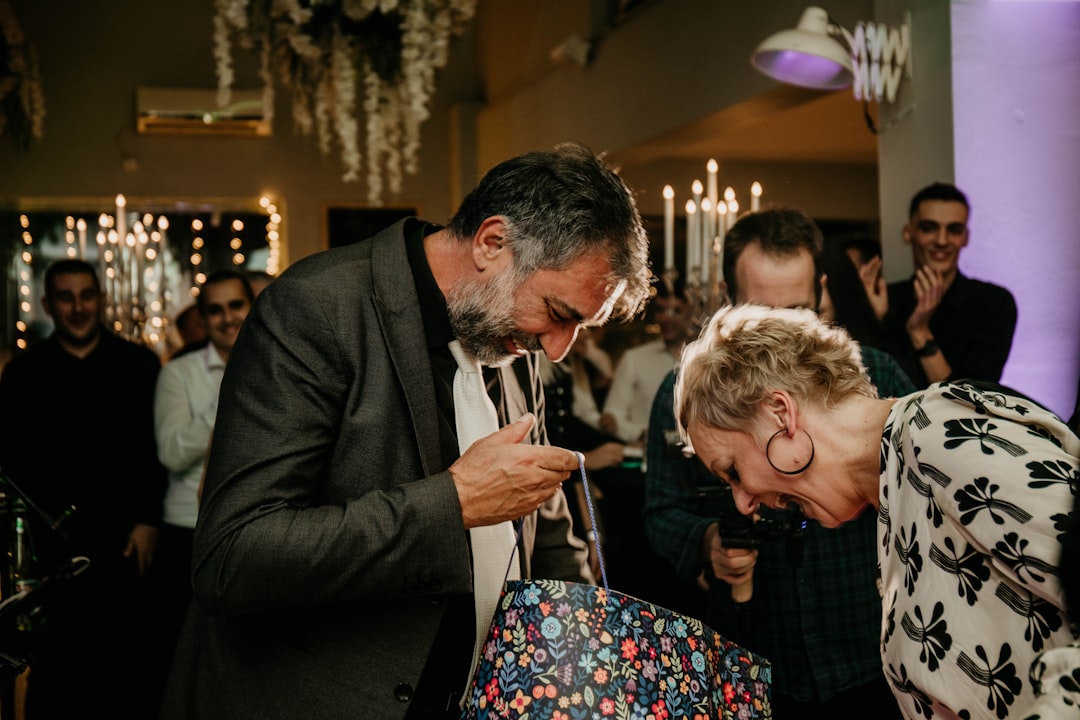Your cart is currently empty!
By
John Abraham
| UPDATED

Every new relationship has that stage where everything feels fresh and full of possibility. It is easy to overlook small signs, both good and bad, when you are caught up in the spark. Learning how to notice red flags that hint at trouble, and green flags that point toward something healthy, can help you step forward with clarity and confidence.
Identifying Red Flags Early

Red flags are warning signs that suggest potential trouble in a relationship. These can be as subtle as dismissive body language or as overt as controlling behavior. For instance, if your partner constantly dismisses your feelings or avoids discussing future plans, it’s worth considering the implications. Address concerns with phrases like, “I feel unheard when…” to open a dialogue. Recognizing these early can prevent future heartbreak and foster a more honest connection.
Spotting the Green Flags

Green flags are positive indicators of a thriving relationship. They include mutual respect, open communication, and a shared vision for the future. An example is a partner who actively listens and values your opinions, signaling emotional maturity. Phrases like “I appreciate how you…” can reinforce positive behaviors. Spotting these signs early can strengthen your bond, providing a solid foundation for a lasting partnership.
Trust and Communication Cues

Trust and communication are the bedrock of any strong relationship. Notice how your partner communicatesdo they listen actively and respond thoughtfully? Trust is built through honesty and consistency. If your partner shares openly and follows through on promises, these are positive cues. Use language like “I feel safe when…” to express gratitude for these behaviors, fostering a cycle of trust and openness.
Handling Conflicts with Grace

Conflict is inevitable, but how a couple handles disagreements can make or break a relationship. Look for partners who approach conflicts calmly, willing to find solutions rather than winning arguments. A partner who says, “Let’s work through this together,” instead of assigning blame, shows emotional intelligence. Handling disputes with grace strengthens the relationship, showcasing resilience and mutual respect.
Evaluating Emotional Availability

Emotional availability is crucial for a supportive relationship. It involves being present and responsive to each other’s emotional needs. Assess if your partner can discuss their feelings and support yours. A partner who says, “I’m here for you,” during tough times shows emotional depth. Being attuned to each other’s emotional landscapes fosters intimacy and strengthens your connection.
Understanding Boundaries and Respect

Healthy relationships respect boundaries, acknowledging individual needs and limits. Notice if your partner respects your space, choices, and opinions. An example is a partner who asks, “Are you comfortable with this?” before making decisions that affect both of you. This respect for boundaries ensures a balanced relationship where both individuals feel valued and understood.
Shared Goals and Values

Aligning on core values and life goals can significantly impact relationship longevity. Discuss your visions for the futuredo they align or clash? A partner who shares your aspirations, like career goals or family plans, indicates compatibility. Engaging in conversations like “What do you envision for our future?” can reveal if your paths align, paving the way for a fulfilling partnership.
Assessing Supportive Behaviors

Supportive behaviors in a partner indicate a nurturing relationship. Look for signs of encouragement and empathy, like a partner who celebrates your successes or offers comfort during setbacks. A simple “I believe in you” can be profoundly reassuring. Recognizing and appreciating these behaviors fosters a supportive environment where both partners can thrive individually and together.
Judging Consistency and Effort

Consistency and effort are markers of commitment and reliability in a relationship. Notice if your partner consistently follows through on promises or if their actions align with their words. Phrases like “I notice how you always…” can reinforce the importance of these behaviors. Consistent effort indicates a partner’s dedication to the relationship, ensuring both partners feel valued and secure.

